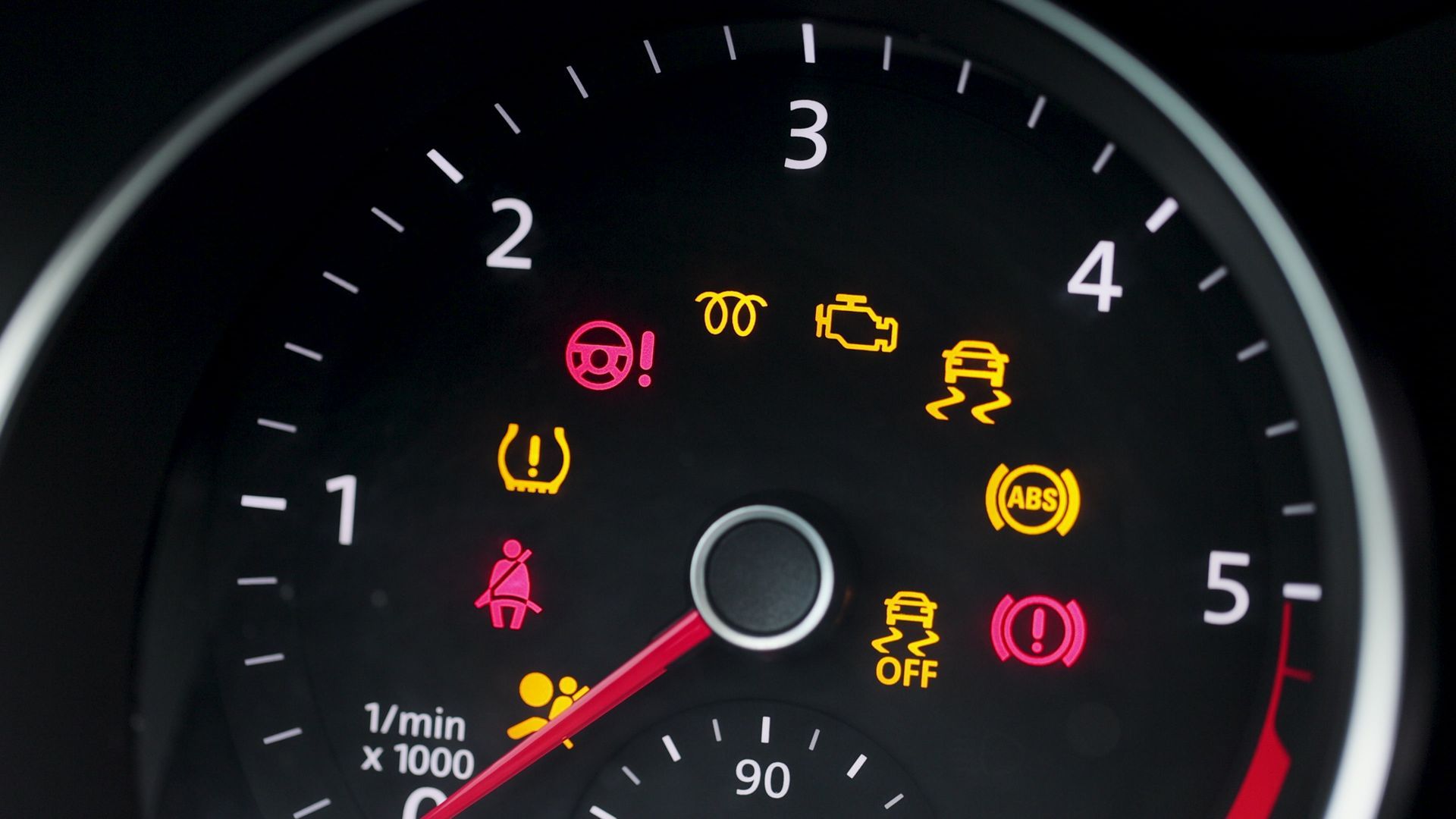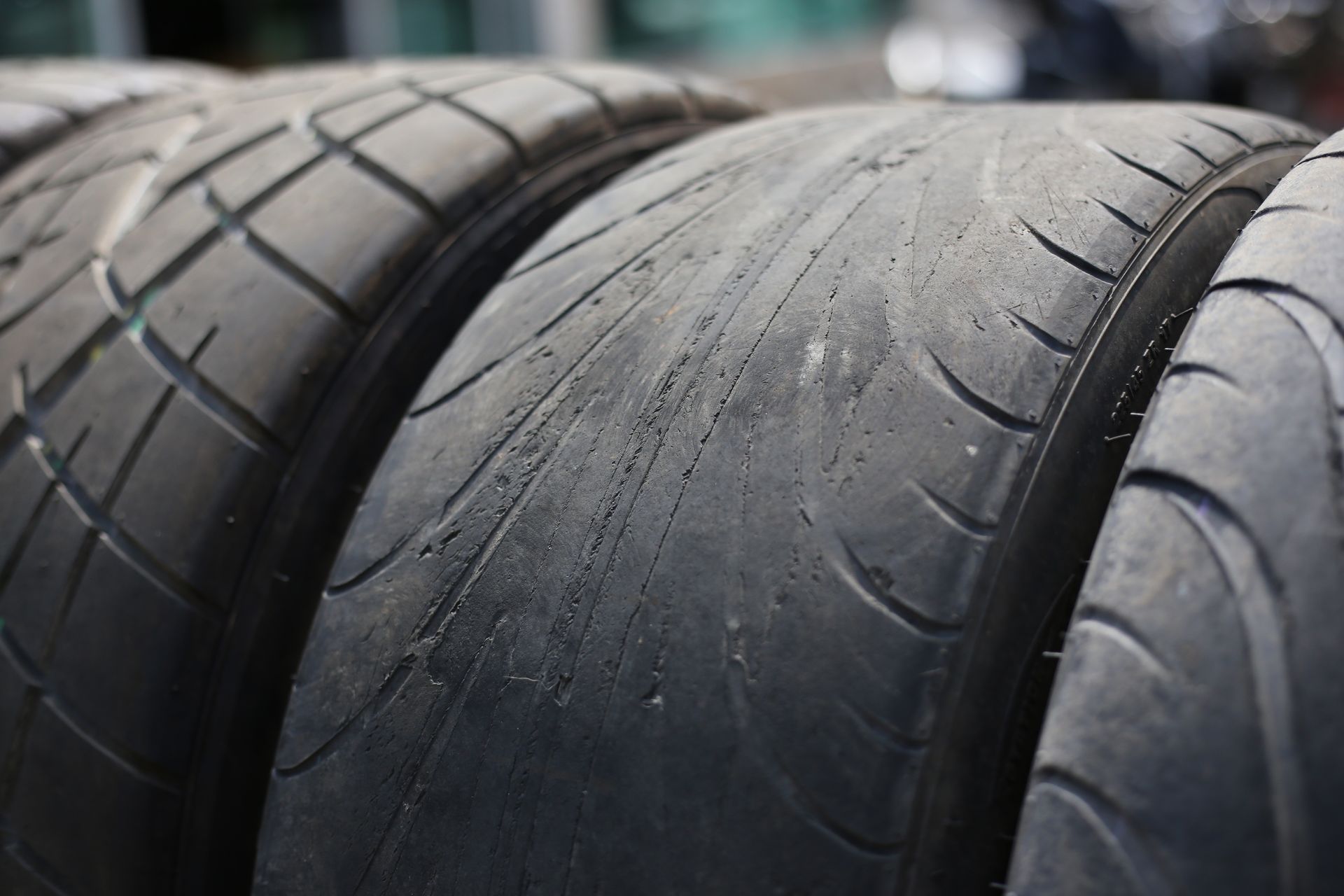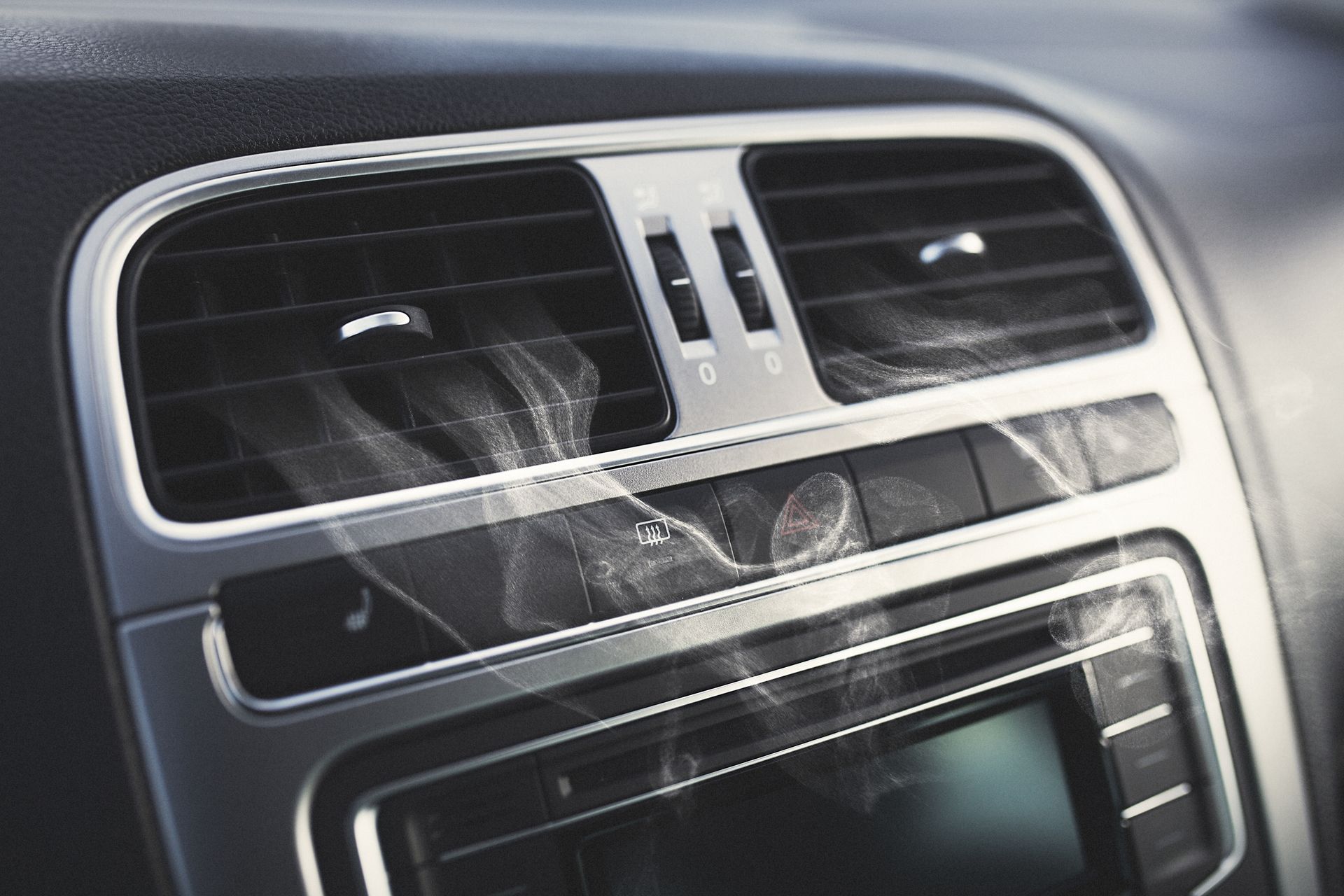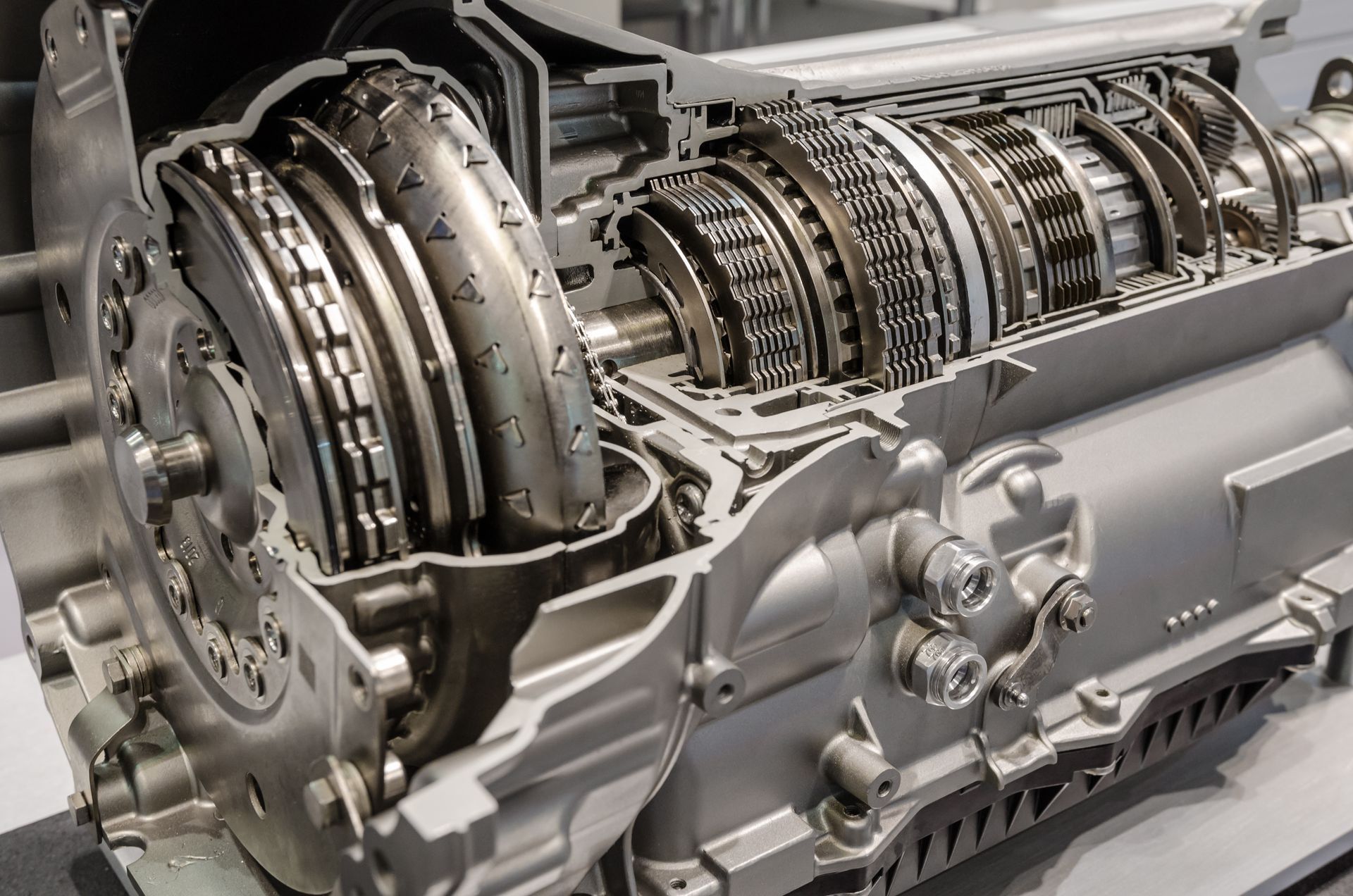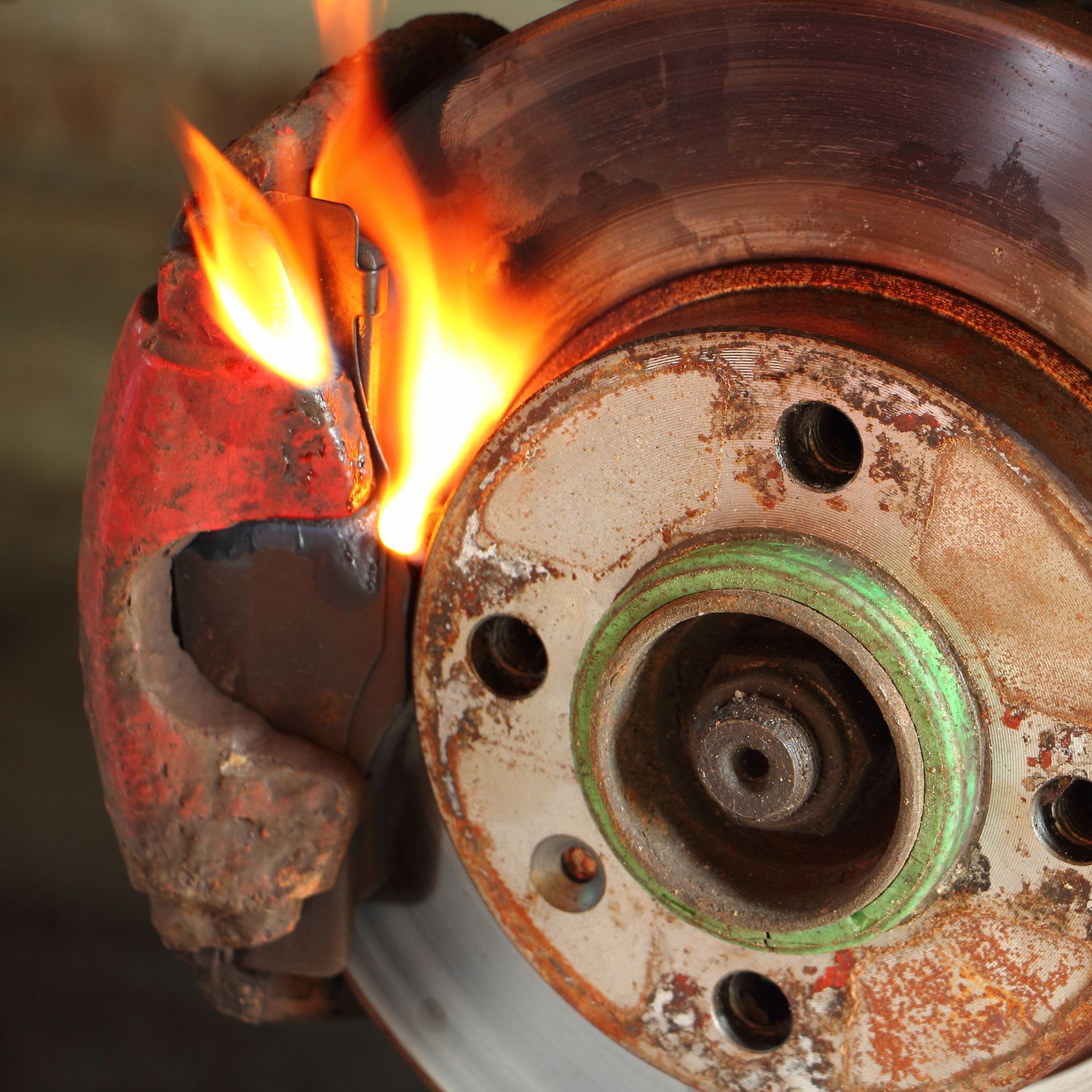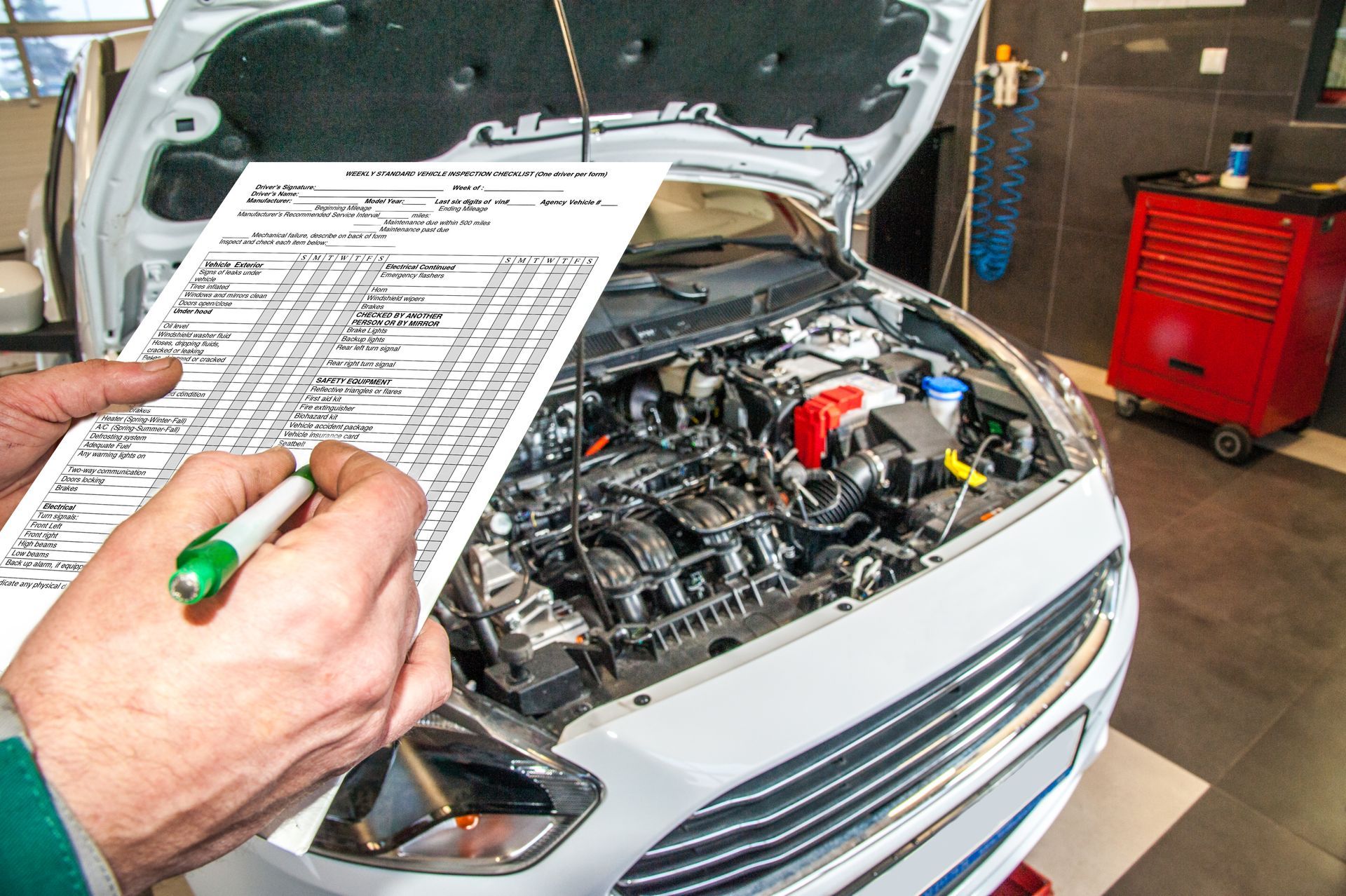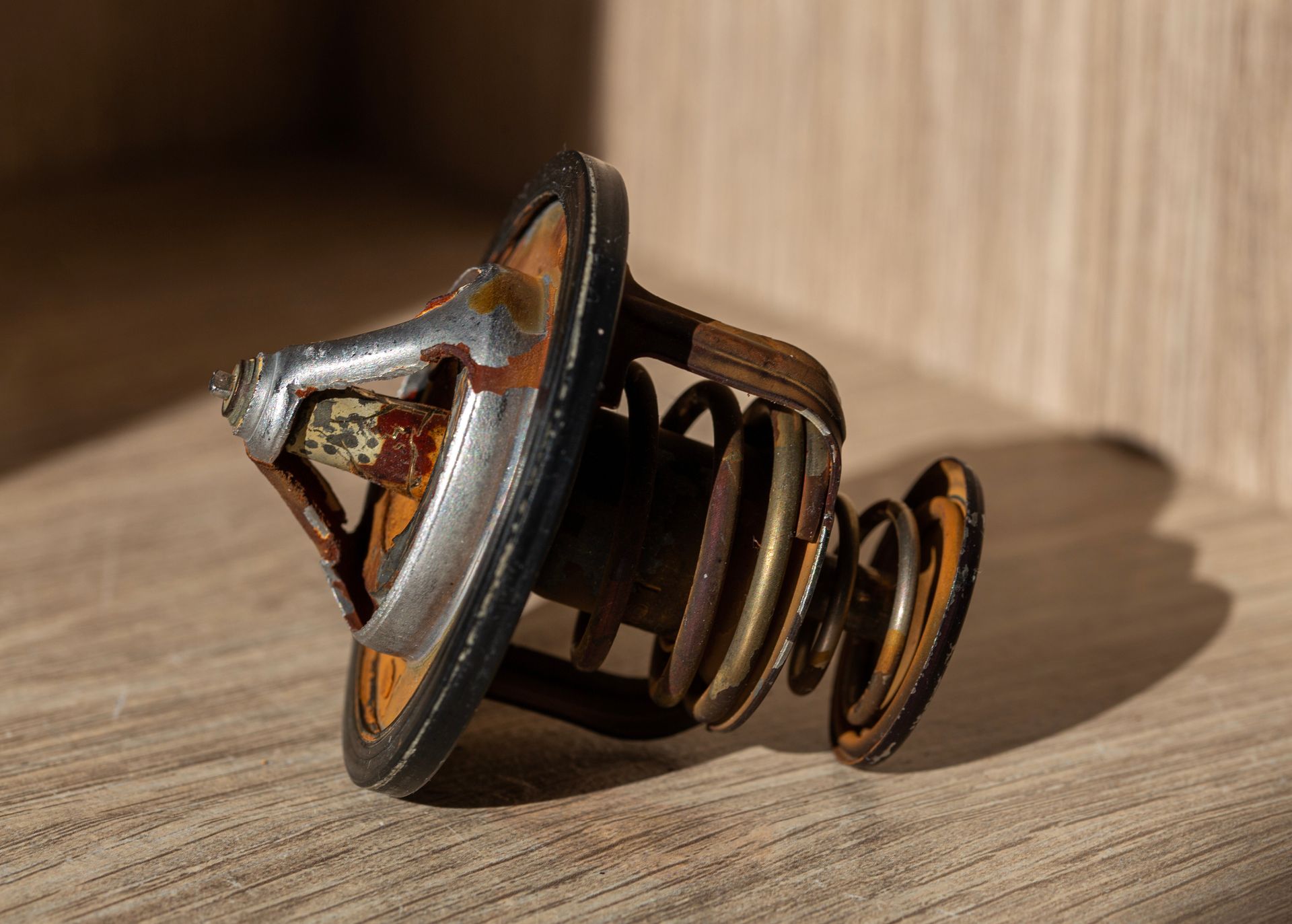Celebrating 37 Years of Serving LA Drivers!
Loading ...
Missing business hours data / Error occurred while getting the data.
Celebrating 37 Years of Serving LA Drivers!
★
★
★
★
★
Review
Loading ...
Missing business hours data / Error occurred while getting the data.
Loading ...
Missing business hours data / Error occurred while getting the data.
Having Trouble Finding Us?
One Stop Auto Care, 4695 Eagle Rock Boulevard, Los Angeles, CA 90041 (323) 257-5876

